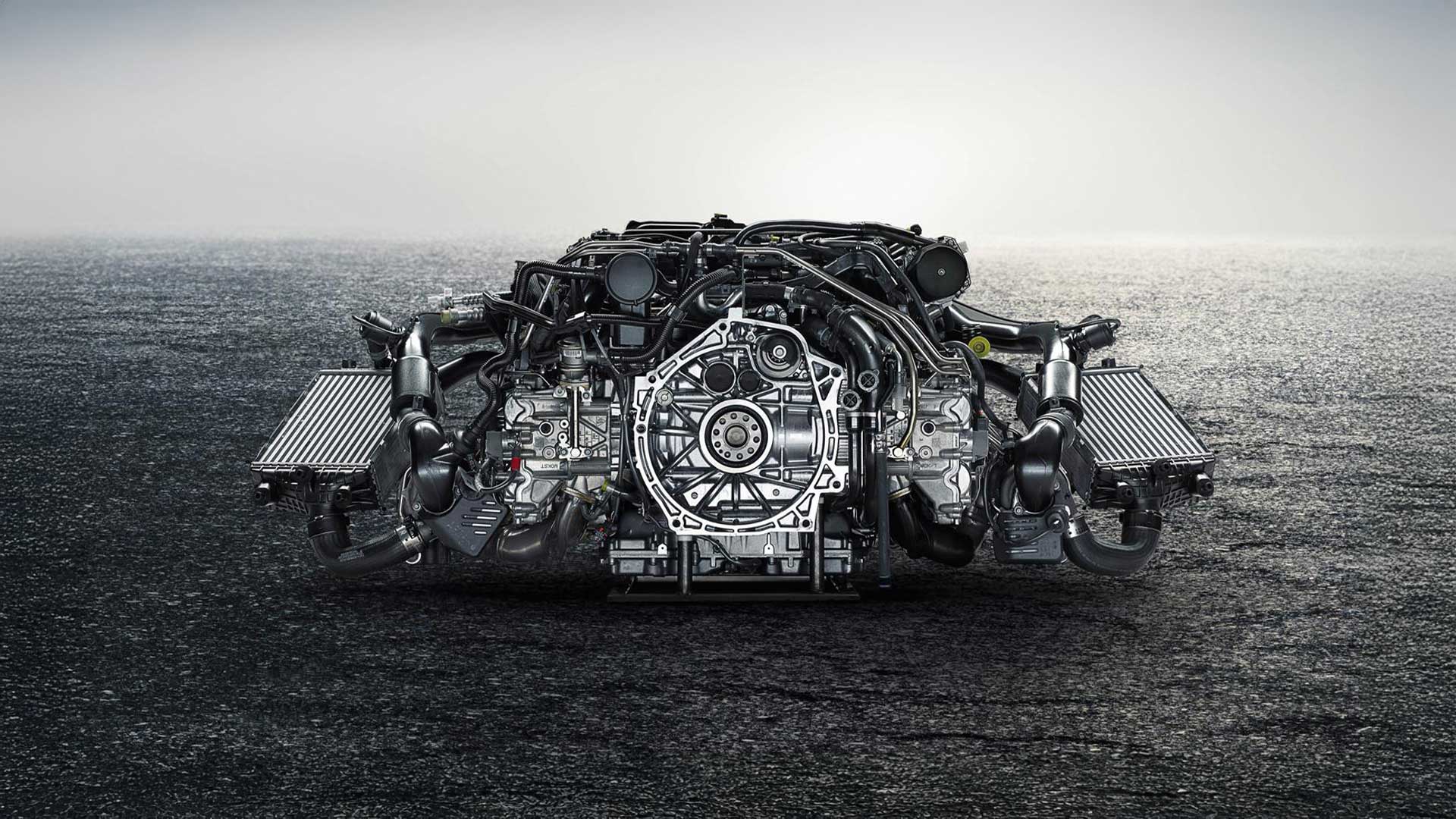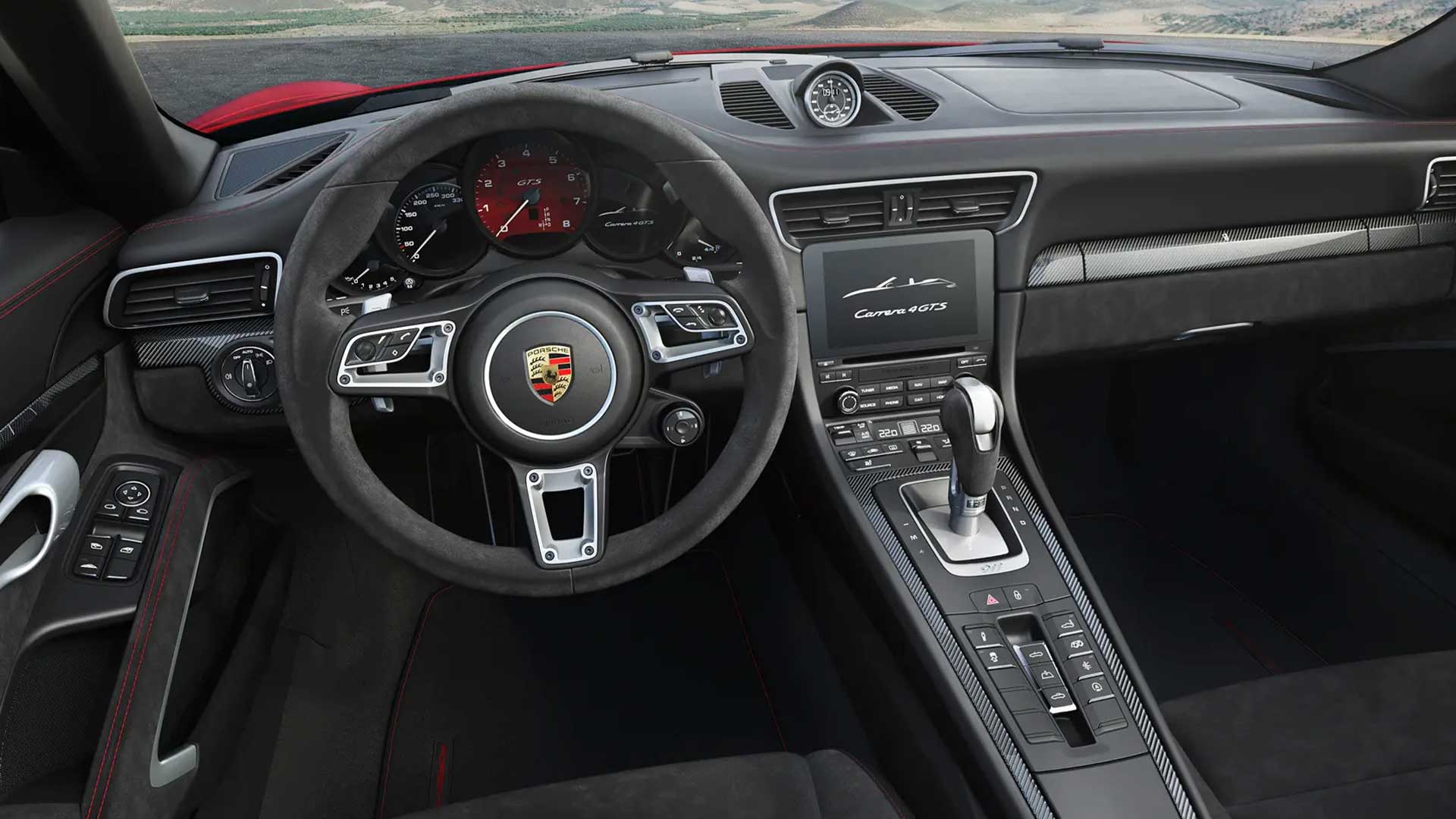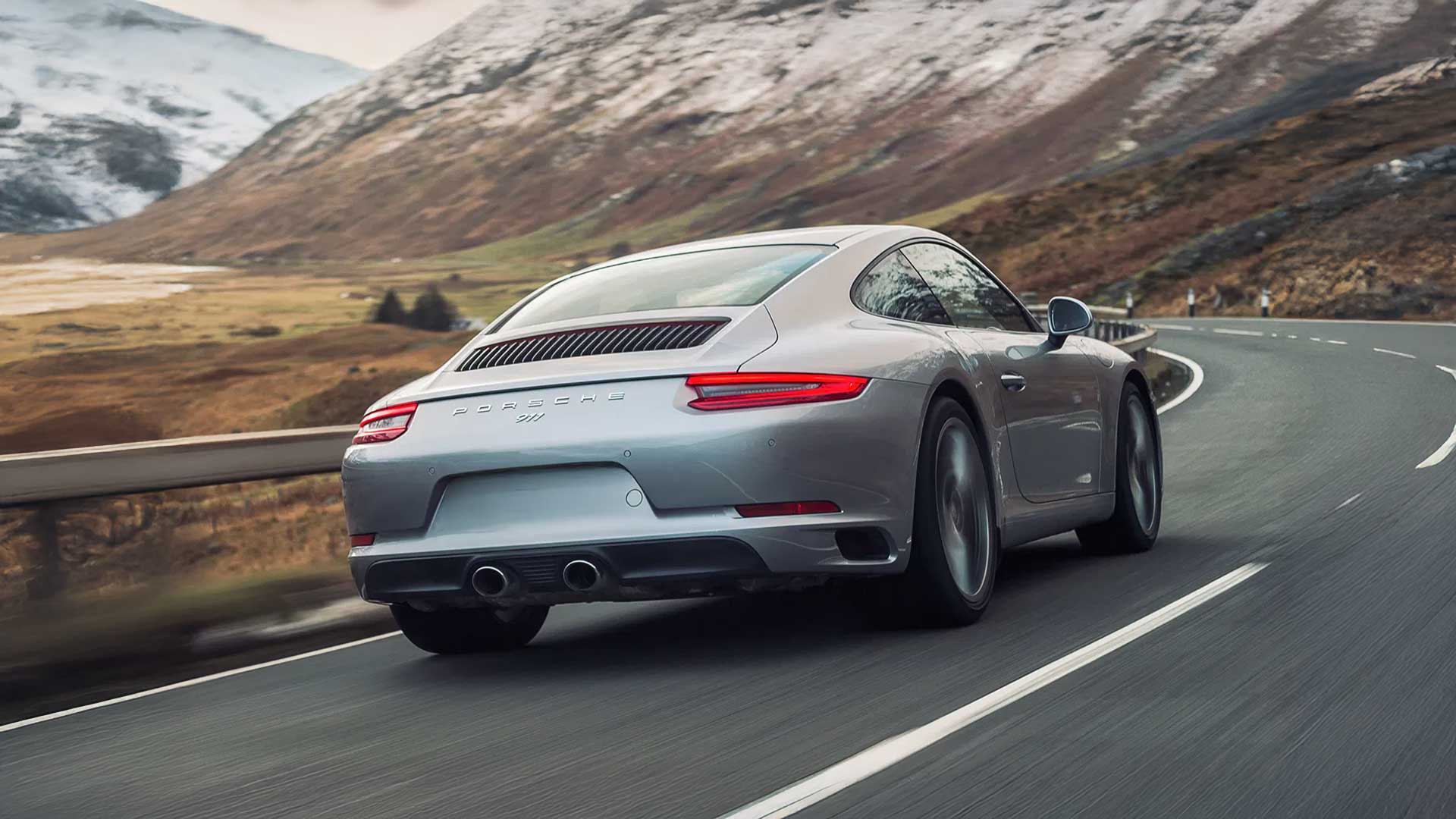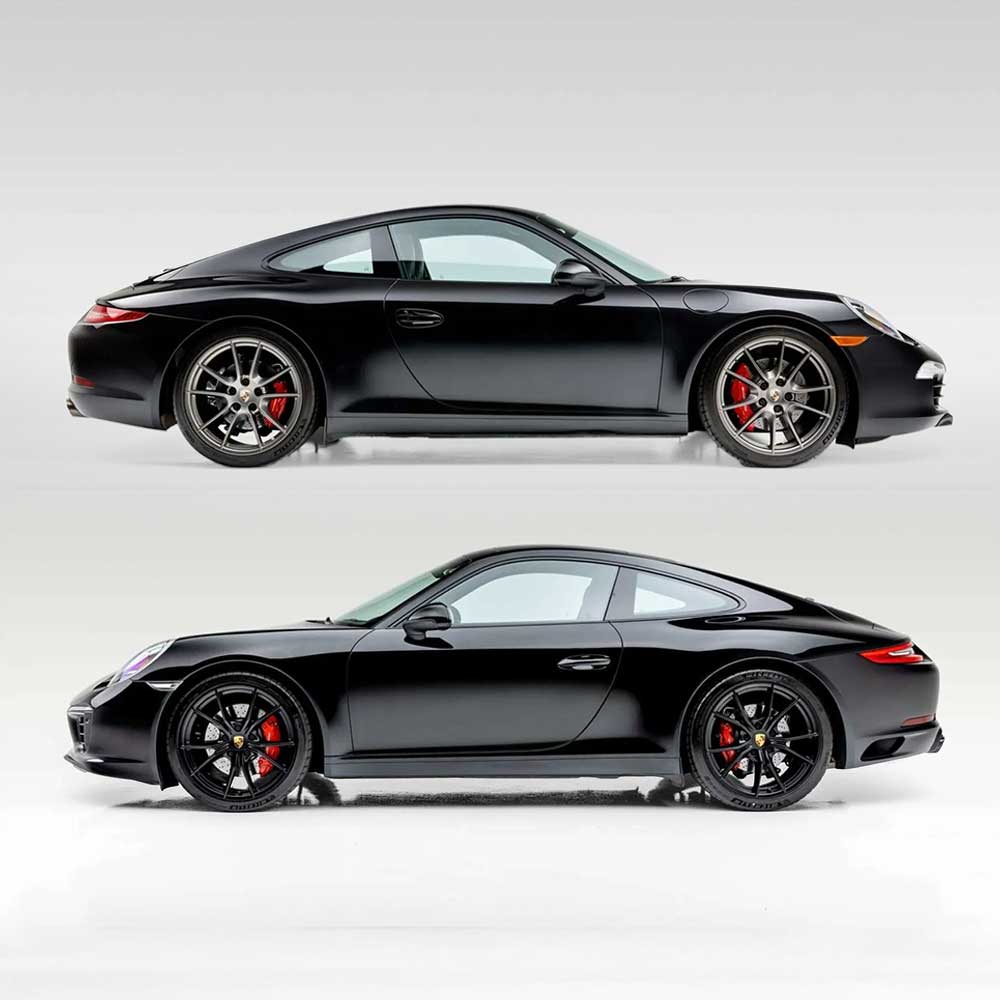Porsche 991.1 vs. 991.2: Evolution or Revolution?
The Generation Gap That Changed Everything, Or Did It?
In the Porsche world, few generational shifts have stirred up more heated garage debates than the jump from the 991.1 to the 991.2.
On the surface, it might look like a mid-cycle refresh. But under the rear decklid, deep in the chassis tuning, and throughout the cabin tech, the 991.2 marked a fundamental turning point. For the first time since the 964, every Carrera (991.2) was turbocharged. The purists were spooked. The engineers were smug. And the rest of us? We were busy re-calibrating what it meant to drive a 911 in the modern era.
If you’re eyeing one of these Porsches or already own one and want to know exactly what sets yours apart, read on. We’re diving deep into what makes these two versions of the 991 chassis similar, what makes them wildly different, and what you should think about for long-term ownership.
Engine & Performance: NA Passion vs. Turbo Torque
Let’s start with the elephant in the room: the engines.
From 2012-2016, the 991.1 Carrera’s came with a naturally aspirated flat-six, either a 3.4L (Carrera) or a 38.L (Carrera S/GTS). These engines revved freely, barked with classic flat-six character, and delivered power with a rising crescendo that made every redline feel earned.
For the 2017-2019 991.2, controversey began. Porsche ditched the NA engines and gave every Carrera a twin-turbocharged 3.0L flat-six. Power figures rose (370 to 450 hp depending on trim), torque came in sooner and stronger, and fuel economy improved. But many enthusiasts said the soul changed. The wail of the NA engine gave way to a muffled whoosh of boost, and while performance numbers improved, some said the drama decreased.
| Feature | 991.1 | 991.2 |
|---|---|---|
| Engine | Naturally Aspirated | Twin-Turbocharged |
| Displacement (Carrera) | 3.4L | 3.0L |
| Displacement (Carrera S) | 3.8L | 3.0L |
| Horsepower (Carrera S) | 400 hp | 420 hp |
| Notable Tech | PASM, Sport Chrono Plus | PCM 4.0, Connect Plus |
| Known Issues | PDK mechatronic units, some oil leaks | Generally reliable, minimal issues |
The Verdict: The 991.1 is the last of the NA Carreras, a swan song for purists. The 991.2, however, is objectively quicker in the real world, with usable torque that transforms daily driving and canyon carving alike. Choose your side wisely: old-school engagement or modern efficiency with force-fed punch.

Interior & Technology: Subtle but Significant Gains
Step inside both cars and the differences aren’t immediately obvious, until you start pressing buttons and connecting your phone.
The 991.1 interior cabin debuted the wide center console and rising dash line we now associate with modern 911s. The infotainment, though, was already aging by 2016 standards. Bluetooth worked… mostly. Navigation was clunky. CarPlay? Forget it.
The 991.2 however, introduced a bastly improved PCM 4.0 system. That means touchscreen responsiveness rivaling your iPad, Apple CarPlay integration, and better navigation. Cabin materials got a bit nicer, and optional extras like adaptive cruise and lane change assist brought the 911 into the modern driver-assistance era if you wanted them.
| Feature | 991.1 | 991.2 |
|---|---|---|
| Infotainment System | PCM 3.1 (7-inch display) | PCM 4.0 (7-inch touchscreen) |
| Instrument Cluster | 5-gauge analog layout | 5-gauge analog with updated graphics |
| Connectivity | Bluetooth, USB, optional Porsche Connect | Apple CarPlay, Porsche Connect Plus |
| HVAC Controls | Traditional rotary dials | Updated design with touch-sensitive controls |
| Steering Wheel | Standard 3-spoke, Sport Design optional | Sport steering wheel standard on S models |
| Materials/Trim | Leather, Alcantara, brushed aluminum | Enhanced materials, improved soft-touch surfaces |
| Notable Additions | GT Sport steering wheel option | GT Sport steering wheel, improved ergonomics |
The Verdict: From a tech perspective, the 991.2 is a leap ahead. If connectivity and up-to-date infotainment are high on your list, this is where the newer car starts to justify itself.

Driving Feel: Subtle Nuance vs. Raw Emotion
This is where Porsche fans get religious. Both the 991.1 and 991.2 are fantastic cars to drive, especially in GTS trim, but their personalities diverge once you push past 6/10ths.
The NA power delivery of the 991.1 is linear and organic. You feel more connected to the process—rev matching, gear hunting, chasing the redline. Steering is crisp, though the new electric rack (introduced with the 991 chassis) dulled some of the old hydraulic feel from the 997.
That said, the extra torque down low in the 991.2 makes the car feel more eager out of corners and less reliant on shifting for speed. Chassis tweaks, re-tuned PASM dampers, and rear-wheel steering (optional on some trims) give it even sharper reflexes. Still, the turbo lag, though minimal, can feel like a filter between your right foot and the road.
| Feature | 991.1 | 991.2 |
|---|---|---|
| Engine Character | Linear, progressive, raw NA emotion | Turbo surge, modern efficiency focus |
| Throttle Response | Immediate, direct connection | Slight lag, then strong torque rush |
| Sound/Acoustics | Pure flat-6 wail, crescendo to redline | Muffled by turbos, artificial enhancement |
| Power Delivery | Rewarding high-rev character | Effortless mid-range torque |
| Steering Feel | Pure, unfiltered road communication | Refined, slightly more isolated |
| Emotional Connection | Traditional Porsche DNA, visceral | Modern sophistication, less involving |
| Driving Philosophy | Driver engagement over convenience | Balanced performance with refinement |
The Verdict: If you want theater, choose the 991.1. If you want speed and refinement, go 991.2. Either way, both reward spirited driving and both beg to be driven hard.

Long-Term Ownership: What to Know Before You Buy
When it comes to reliability, both generations are built to the same high Porsche standard, but each comes with its own quirks.
991.1 Service Notes: The NA engine is generally bulletproof, but keep an eye on coil packs and occasional oil leaks. The PDK in these cars is stout, and the 7-speed manual is mechanical and satisfying. Infotainment obsolescence is the biggest downside here.
991.2 Service Notes: The turbocharged 3.0L is proving reliable, but the added complexity of forced induction means more components to monitor, especially if you plan on tuning. Direct injection systems can be prone to carbon build-up over time. And don’t forget those turbocharger cooling and oil lines during inspections.
| Feature | 991.1 | 991.2 |
|---|---|---|
| Annual Maintenance Budget | $1,200-$3,000/year depending on issues | $1,200-$3,000/year, similar to 991.1 |
| Service Intervals | Every 2 years/20k miles (recommend annual) | Every 2 years/20k miles (recommend annual) |
| Common Issues | Belt tensioner leaks, door panel separation, electrical gremlins | Water pump failures, occasional turbo issues, electrical problems |
| Engine Reliability | Bulletproof NA engine, no major failures | Generally reliable, turbo complexity adds risk |
| Major Repair Costs | Lower risk, fewer expensive components | Turbo replacement can be costly when needed |
| Depreciation Curve | Approaching bottom, last NA 911 | Still depreciating, newer generation |
| Ownership Philosophy | Future classic potential, driving purity | Modern daily driver, refined performance |
The Verdict: Both cars benefit from regular fluid changes, brake flushes, and attentive ownership. The 991.1 is a simpler machine at its core. The 991.2 asks a bit more in Porsche maintenance diligence but rewards with more performance and modern convenience.

So Which One Should You Buy?
That depends on your priorities. Want the final word in naturally aspirated driving feel with just enough modern tech to make it livable? Go 991.1. Want the quicker, smarter, more daily-capable version of the same bloodline? Go 991.2.
Whichever you choose, you’re getting a truly special machine. The 991 generation nailed the balance between analog feel and modern usability, and both versions still have that unmistakable 911 DNA running through them.
Related: Porsche 991 Buyers Guide

Book a PPI or Schedule Service at HOUSE
Whether you’re buying your first 911 or keeping your current 991 running at its peak, HOUSE Automotive is your Los Angeles Porsche specialist.
We know these cars inside and out, from turbo plumbing to valve clearances, and we speak fluent flat-six. Schedule a pre-purchase inspection with us if you’re in the market, or bring your 991.1 or 991.2 in for expert service tailored to your Porsche.
Book your appointment today and keep your Porsche driving like Stuttgart intended.
